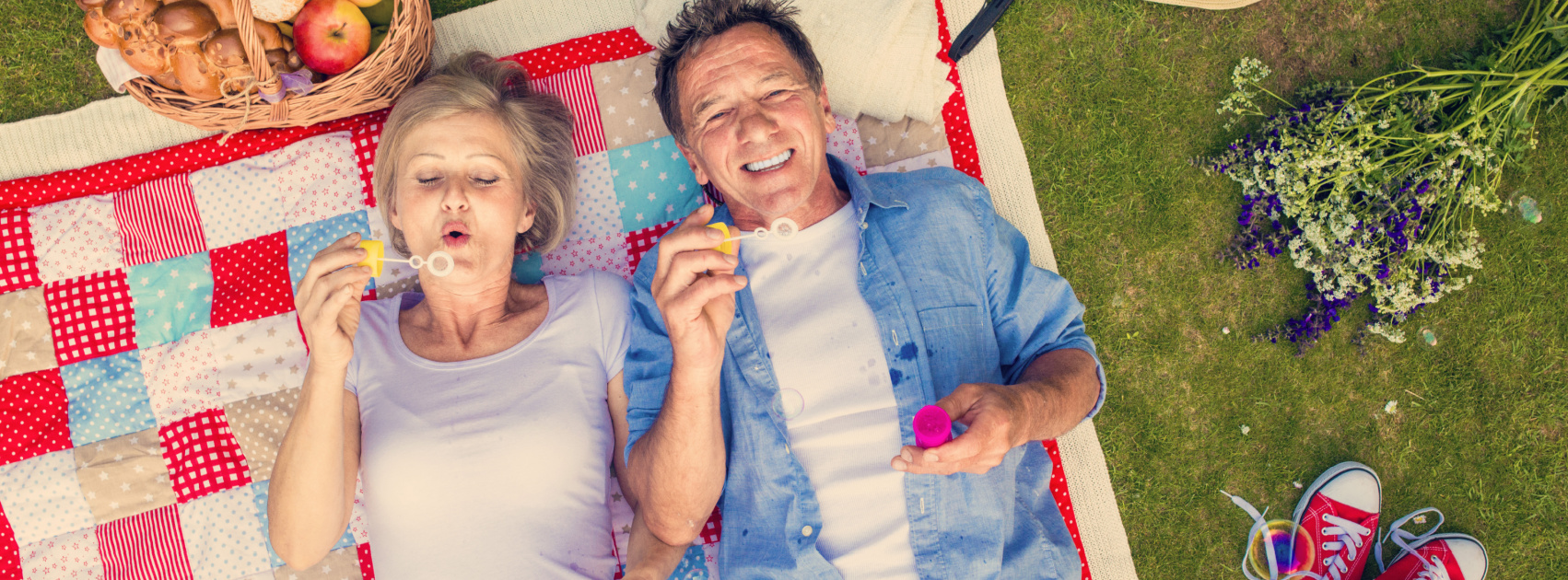
Easter Joy: A Springtime Celebration for Seniors Easter is a time of renewal, hope, and joy, and it's a perfect opportunity for seniors to embrace the spirit of spring. Whether it's through traditional activities or new experiences, there are countless ways to make this Easter a memorable and uplifting occasion. Embracing Tradition with a Twist Many seniors cherish the traditional aspects of Easter, such as attending church services, enjoying a festive meal, and participating in Easter egg hunts. These traditions can be adapted to suit different abilities and preferences, ensuring everyone can partake in the fun. Festive Feasts and Family Gatherings A delicious Easter meal can be a highlight of the day. Consider a potluck-style dinner where family members contribute dishes, making it a collaborative and joyful experience. Decorate the dining area with spring flowers and pastel colors to create a cheerful atmosphere. Creative Easter Egg Hunts Easter egg hunts aren't just for kids! Organize a simplified version for seniors,…

April Showers Bring May Flowers... and Joy to Senior Hearts April showers are often seen as a symbol of renewal and growth, paving the way for the vibrant blooms of May. But did you know that this natural transition can also have a positive impact on the hearts and minds of seniors? The Connection to Nature Many studies have shown the therapeutic benefits of nature on people of all ages. For seniors, this connection can be particularly powerful. Spring's arrival after the long winter months brings: Increased Sunlight: More daylight hours boost Vitamin D levels, which are essential for bone health and mood regulation. Fresh Air: The crisp, clean air of spring can invigorate seniors and encourage outdoor activities. Visual Stimulation: The blooming flowers and budding trees offer a feast for the eyes, stimulating senses and sparking joy. Emotional Well-being The changing seasons can significantly affect emotional well-being. Spring's arrival often brings: Reduced Seasonal Affective Disorder (SAD): For seniors who experience SAD during the…

Spring into Action: Fun Activities for Seniors this Season As the days get longer and the weather warms, it's time for seniors to embrace the beauty of spring and all it offers. Here are some joyful and engaging activities that cater to various interests and abilities: 1. Gardening: Plant flowers, herbs, or vegetables in raised beds or containers. Join a local community garden for social interaction. 2. Outdoor Exercise: Take brisk walks in the park or neighborhood. Try gentle yoga or tai chi classes in outdoor settings. 3. Picnic Adventure: Pack a delicious lunch and enjoy a picnic in a scenic park. Invite friends or family for a social gathering. 4. Art and Nature: Set up an easel outdoors and paint landscapes or flowers. Organize a photography walk to capture spring's beauty. 5. Birdwatching: Observe and identify different bird species in local parks. Keep a birdwatching journal to document your sightings. 6. Volunteer Opportunities: Assist with planting trees or flowers in community gardens. Volunteer at local animal shelters or senior…

How the Clocks Moving Forward Can Affect Seniors As the days get longer and the weather gets warmer, many people look forward to the arrival of spring. However, for some seniors, the annual time change can bring about a number of challenges. Disrupted Sleep Cycles One of the most common problems that seniors face after the clocks move forward is disrupted sleep cycles. This is because the body's natural sleep-wake cycle is regulated by the sun. When the clocks move forward, it can take several days for the body to adjust to the new time. This can lead to difficulty falling asleep, waking up early, and feeling tired during the day. Increased Confusion For seniors with dementia or other cognitive impairments, the time change can be even more disorienting. They may have difficulty understanding why the time has changed and may become confused about their daily routines. This can lead to anxiety, agitation, and even aggressive behavior. Increased Risk of Falls The time change can also increase the risk of falls for seniors. This is because…

Love Blooms in the Hearts of Seniors on Valentine's Day In a season of love and affection, Valentine's Day takes on a special significance for seniors. As hearts of all ages beat with excitement, there's something truly heartwarming about witnessing the love shared among seniors on this special day. For many seniors, Valentine's Day brings back fond memories of a time when love was young and hearts were aflutter. They may recall their first Valentine's Day cards, the secret notes passed in school, or the romantic dates that sparked a lifelong connection. These cherished memories add a touch of nostalgia to the day, making it even more meaningful. While Valentine's Day is often associated with romantic love, it's essential to remember that love comes in many forms. For seniors, love can be found in the companionship of friends, the warmth of family, and the unwavering support of caregivers. It's a day to celebrate all the love that surrounds them and to cherish the bonds that have been built over the years. Many senior…

The Power of Happiness: Thriving Despite Pain or Illness In the face of adversity, finding happiness can seem like an insurmountable challenge. However, countless individuals have demonstrated that it is possible to live joyful and fulfilling lives despite chronic pain or illness. One key to finding happiness amid suffering is to focus on gratitude. By acknowledging and appreciating the positive aspects of one's life, it becomes easier to shift perspective and cultivate a sense of contentment. Practicing mindfulness and meditation can also help individuals stay present and connect with the simple joys of life. Another important factor in finding happiness is maintaining social connections. Surrounding oneself with supportive and loving friends and family can provide a sense of belonging and purpose. Engaging in activities that bring joy and fulfillment, such as hobbies, volunteering, or spending time in nature, can also contribute to overall well-being. While pain and illness can be undeniably challenging, they can also serve as catalysts…



















